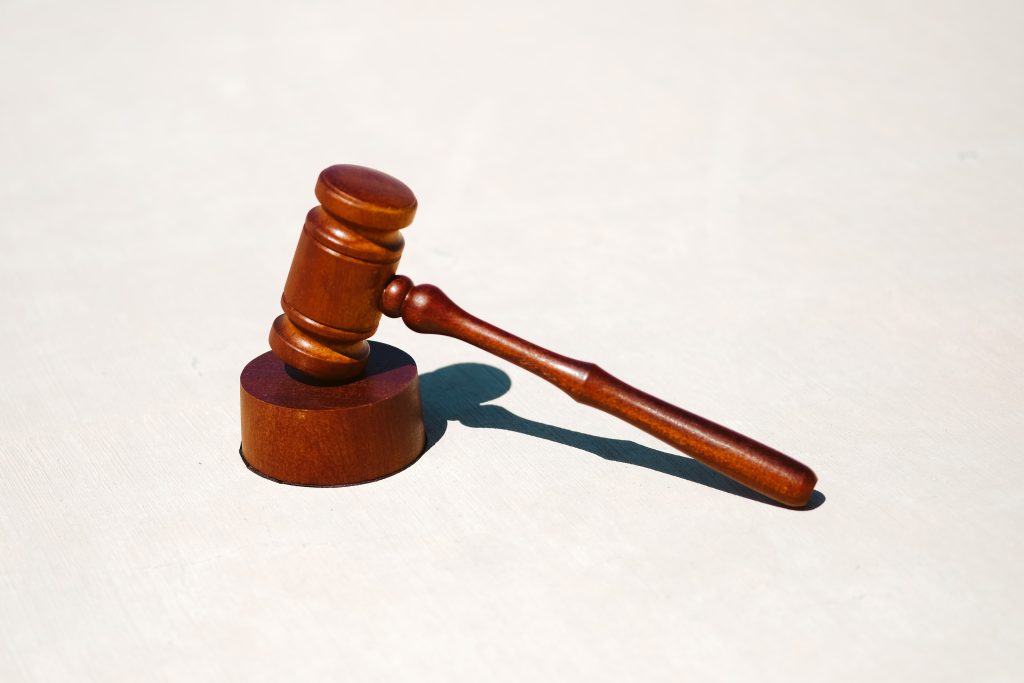Online Tech Companies To Now Be Subject To Much Stricter Government Regulations
Very large online platforms (VLOPs) in the European Union will now be subject to the rules outlined in the Digital Services Act (DSA), which include but aren't limited to auditing and sharing information and data with authorities.

Tech companies from Amazon to Twitter are now facing much tougher rules in the E.U. The new regulations require these large tech platforms to perform risk management and take on additional internal and external auditing tasks to stay online. The stricter measures have been enacted in response to the huge number of users on these platforms, which is expected to become even bigger.
The E.U.’s new rules for tech companies are known as the Digital Services Act or DSA. They classify companies with more than 45 million users as VLOPs or very large online platforms. In addition to risk management and auditing, VLOPs must now adopt a protective code of conduct and agree to share their data with authorities and researchers.
E.U. Parliament and Member States came to a swift agreement on the DSA last year. The act aims to hold giant tech companies like Google, Meta, and Twitter accountable for harmful or illegal content. It will also force VLOPs to share how their algorithms work and prove that there are processes in place to remove posts about illegal goods and crack down on those who spread misinformation.
The DSA is being used along with its sister act, the Digital Markets Act (DMA), to create a safer digital space. The acts are also meant to foster innovation and competitiveness among tech companies. The DMA also is intended to prevent large, influential digital platforms from enacting policies that give them unfair advantages.
According to the Search Engine Journal, “All digital services that conduct business in the EU are subject to the DSA, regardless of where the business is established – even small and micro companies (although the regulations are tailored to size).” Around 90% of the impacted businesses in the E.U. are small to mid-sized tech companies. They will be exempt from some of the more costly regulations.
The types of tech companies affected by the DSA and DMA are many and varied. The list includes online marketplaces, social networks, content-sharing platforms, and app stores. Online travel and accommodation platforms, cloud and web hosting services, and collaborative economy platforms are also subject to the new legislation.
Additionally, the DSA applies to intermediary services (such as internet providers and domain registrars) and gatekeeper platforms. These are defined as tech companies with “a systemic role in the internal market that function as bottlenecks between businesses and consumers for important digital services.” Gatekeeper platforms have different types of provisions under the DSA.
The European Commission gave tech companies, search engines, and the other types of companies listed above until February 17, 2023, to publish their number of monthly active users. Companies labeled as VLOPs were given four months after they received that designation to comply with the new rules. Those that fail to comply will face fines of up to six percent of annual global turnover.
According to the European Commission’s documents, Member States will designate a digital services coordinator to supervise and enforce the DSA. However, actual enforcement will fall on the Commission. The Commission also has exclusive powers of supervision and enforcement of the obligations that apply only to VLOPs. Google currently dominates the E.U., holding 92.04% of the search engine market share, and will therefore be subject to the highest level of regulation. Facebook has 309 million active daily users in the EU, making it another VLOP subject to higher levels of DSA regulation. Other tech companies and platforms that have 45 million or more users in the E.U. include Amazon, Apple, Instagram, Microsoft, Spotify, TikTok, and Twitter.











